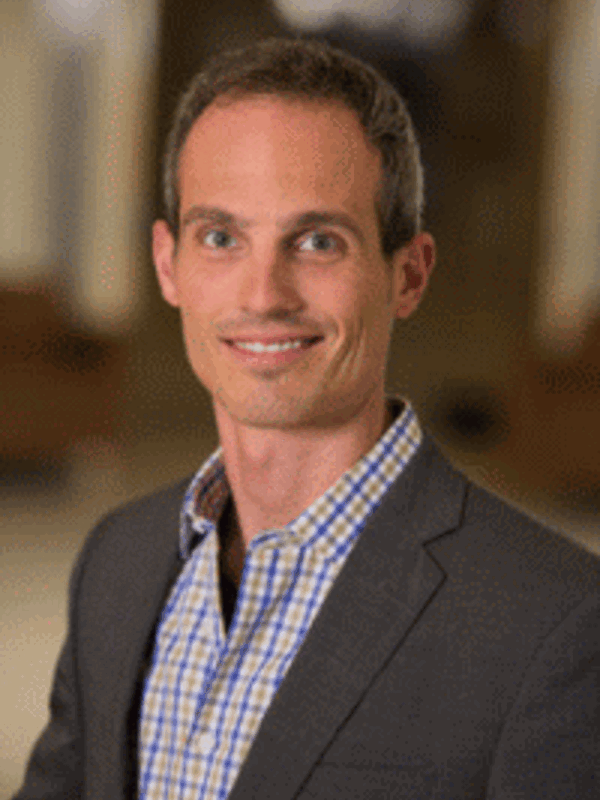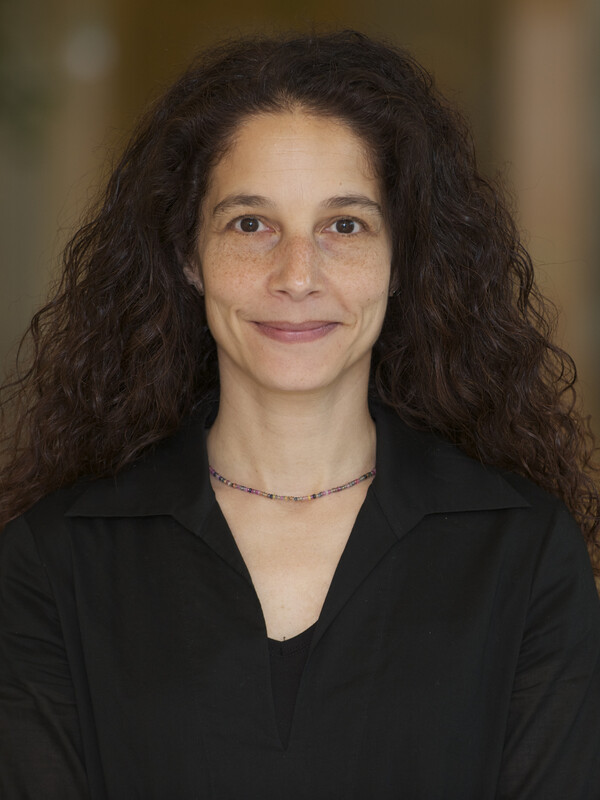Main Second Level Navigation
- Vice-Chair, Education
- Wellness Resources for Faculty & Trainees
- MD Program
- Royal College Training Programs
- Standard for Supervision of Learners by DoM Physicians
- Learner Mistreatment
- Competency Based Medical Education
- Fellowships
- Master Teacher Program
- Training Verifications
- Eliot Phillipson Clinician-Scientist Training Program
- Continuing Professional Development & Quality Improvement
- Quality & Innovation
- Education Research & Scholarship
- Person-Centred Care Education
- Documenting Teaching Activities
- Authorship Guidelines
- Awards
- Faculty of Medicine Education Policies
- Translational Research Program
- Core Internal Medicine Accreditation
Breadcrumbs
- Home
- Education
- Education Research & Scholarship
- CREST Profiles
CREST Profiles
CREST Leadership

Ryan Brydges, PhD
How did you get into medical education?
I started in medical education as a research assistant for a project at the University of Toronto Surgical Skills Centre at Sinai Health System. At the time, I was an undergraduate student looking for exposure to medicine in any way I could. I used the opportunity to observe surgeries in the OR and to work with a PhD scientist. In the end, I decided that I liked the PhD lifestyle and workflow a bit better and decided to pursue my MSc and PhD degrees.
What training have you undertaken to be ready for your role?
I completed my MSc and PhD at the Institute of Medical Science, University of Toronto. I found both degrees were very research-centric, which allowed me to concentrate on doing research in addition to a light course load. During both degrees I was also a Wilson Centre Fellow, which means I got to interact with the great scientists, researchers, and other fellows who broadened my understanding of the different research paradigms in health professions education research.
What projects are you working on now?
I have two major areas of interest in which most of my projects align. First, my projects aim to help us understand how healthcare trainees and professionals learn to learn, which means I study instructional/curriculum designs that encourage learning to learn, as well as assessments that measure the capacity to be a lifelong learner. Second, I study how to design training for invasive bedside procedural skills that integrates simulation-based training with hospital-based training. These projects will have implications for patient care as well as healthcare system reform (e.g., identifying a need for specialized procedural service teams), and healthcare resource utilization (e.g., providing input to Choosing Wisely initiatives).

Shiphra Ginsburg, MD MEd FRCPC
What is your research focus?
My primary research program is now focused on trying to understand how clinical supervisors conceptualize, assess and communicate about the performance and competence of their learners, with a focus on the language used in workplace-based assessment. My initial research program focused on understanding and evaluating professionalism in medicine. My research involves the use of qualitative and mixed methods.
Where has this work led you?
My research in professionalism has led to two exciting knowledge translation initiatives. One is a book that I co-authored with Wendy Levinson, Catharine Lucey and Fred Hafferty on, “Understanding Medical Professionalism.” The other is a new series of, “Professionalism Case Challenges,” that Wendy and I developed with JAMA, to be launched in the summer of 2016. The interest I developed in the language we use in assessment led me to pursue a PhD at Maastricht, which I am just completing. It’s called, “Hidden in Plain Sight: The Untapped Potential of Written Assessment Comments.”
Other research interests and areas of collaboration include a series of studies on the effect of the context/environment on evaluation (with Lynfa Stroud), the evaluation of clinical teachers and issues around academic publishing and education scholarship.
What other Education Scholarship activities do you participate in?
I participate in professionalism and education initiatives at the local, national and international levels. I serve as deputy editor at the journal Medical Education and am on the editorial board of Academic Medicine. I am also the director of the Eliot Phillipson Clinician-Educator Training Program and director of education research and scholarship here in the Department of Medicine. In my various roles, I enjoy mentoring trainees and other faculty members in the development of their own research and scholarship.
